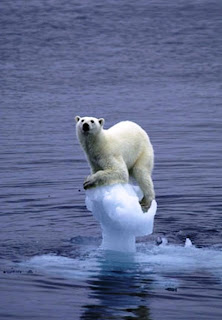Changes in climate have the capabilities of affecting the human society in many ways. One main change influences human health. The most common fact we know is that weather may bring changes in birth rate because of epidemic outbreaks. It is also important to acknowledge the fact that climate affects different cities in different ways. For example, cities, which are found in tropical islands, Africa and India, may be more exposed to diseases because of the heat. This increase of heat leads to a large amount of deaths.
The problems with weather change may lead to an increase of climate conditions, which influence parasitic diseases, which are transmitted through many species. This may reveal why the rates of mosquito borne diseases have ended the life of millions in the region of Africa.
How will “climate change”(global warming) affect this? An increase in temperature will put many at risk to develop viral borne diseases. Many of these diseases breed in water. It is interesting to think about that if climate change increases, precipitation may in fact decrease. This may be detrimental for many species, which carry these deadly diseases.
One prime example discussed is Dengue, which is a mosquito borne virus, which has spread dramatically in many tropic islands. However, Dengue is not the only virus, which has been cleaning many. There are many ranging from ascariasis (a round worm), west Nile virus (mosquito borne) or yellow fever (also a mosquito). This is just to name a few out of hundreds.
It is important to built more efficient methods for cities, which are in danger with many parasitic diseases. The spread of mosquito borne diseases has affected both children and adults worldwide. However, the methods that we use today to prevent them at limited. There has been an increasing in education, bed netting, organization formed and more. However, it is the maximum amount that we are currently doing in order to decrease the amount of parasitic diseases- what will occur is climate continues to change. The climate is not changing very quickly, however it is change that will be quick enough to affect the lives of many.
There needs to be a more efficient plan to help the countries which are greatly suffering from parasitic diseases because of heat, poor water supply and poor sanitation. If climate change were to become even more drastic (which future research plans for this to occur), perhaps the affect of diseases would become more known in the United States rather than just tropical islands and countries in warmer weather.
Will the diseases hit us as hard as they hit other countries in history (As seen in CDC reports)?









